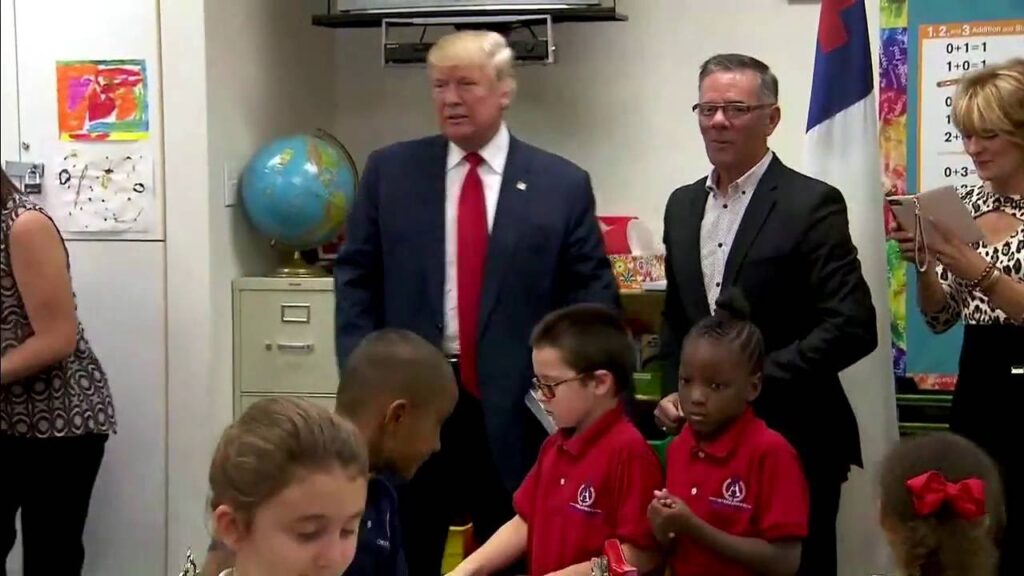An Ethiopian government spokesperson has categorically dismissed former President Donald Trump's assertions that the U.S. financially supported the construction of the Grand Ethiopian Renaissance Dam (GERD) on the River Nile, declaring them as "false" and "destructive". Trump previously stated that the dam was built "with United States money, largely," igniting further discussion on the international implications of the megadam.
Located in the Ethiopian highlands, the GERD is Africa's largest hydroelectric power project and holds significant national pride among Ethiopians. Over its 14-year construction span, Ethiopian authorities have consistently claimed that the dam's funding comes solely from the government and contributions from its citizens, not foreign aid. The project, which began generating electricity in 2022, was completed just weeks ago, further solidifying its significance.
Fikrte Tamir, deputy director of the Gerd Coordination Office, stated that Trump's comments should be addressed through diplomatic channels, highlighting that the dam was developed "without any foreign aid." However, the office, despite its independent status, has faced scrutiny over its knowledge of international negotiations, particularly regarding U.S. involvement.
The GERD has sparked major tensions with Egypt and Sudan, countries that lie downstream of the Nile, as they express concerns that the dam could lead to reduced water availability. Trump’s previous remarks, including a reference to the dam being "stupidly financed by the United States," reflect the ongoing disputes and fears surrounding water allocation from this vital river.
Initially projected to finish within six years with a budget of $4 billion, the GERD faced significant delays and cost overruns. Despite the setbacks, Ethiopian authorities managed to foster public enthusiasm, raising funds through bonds, salary deductions from employees, and contributions from the Ethiopian diaspora. In the year leading up to July 7, the GERD Coordination Office reported collecting 1.7 billion birr (approximately $12.3 million) from local supporters.
As Ethiopia seeks to harness the dam to address its energy crisis—where around 60% of the population lacks access to electricity—the global focus remains on the intricate water-sharing dynamics between Ethiopia, Egypt, and Sudan. The situation underscores the delicate balance between development aspirations and geopolitical realities, making the future of the GERD a critical issue for the region.
















